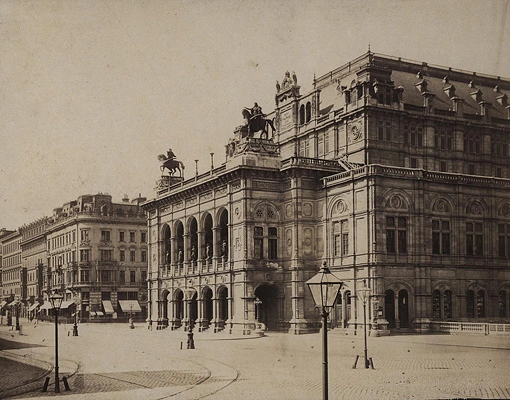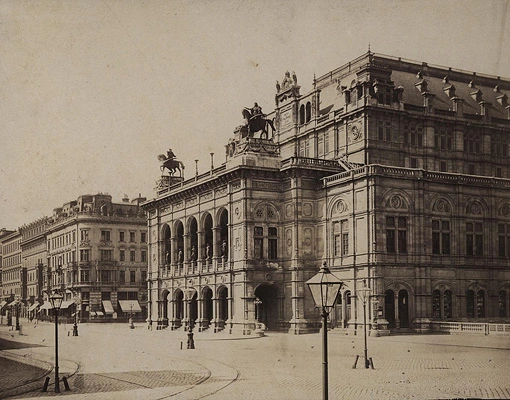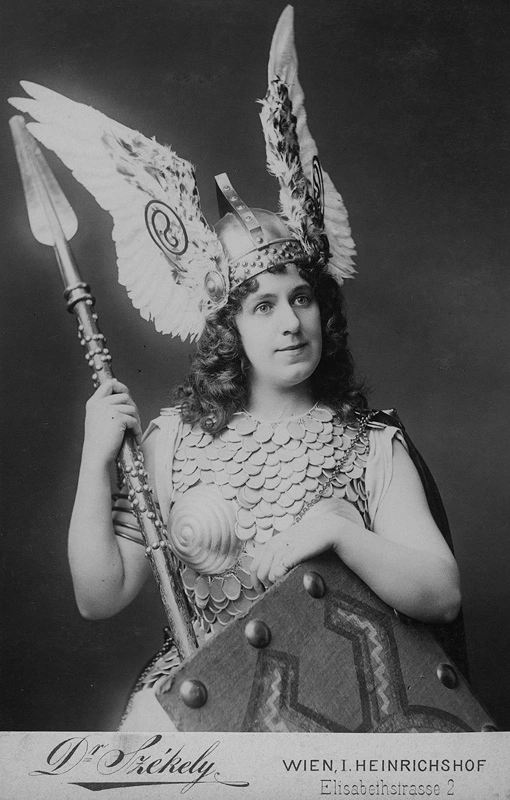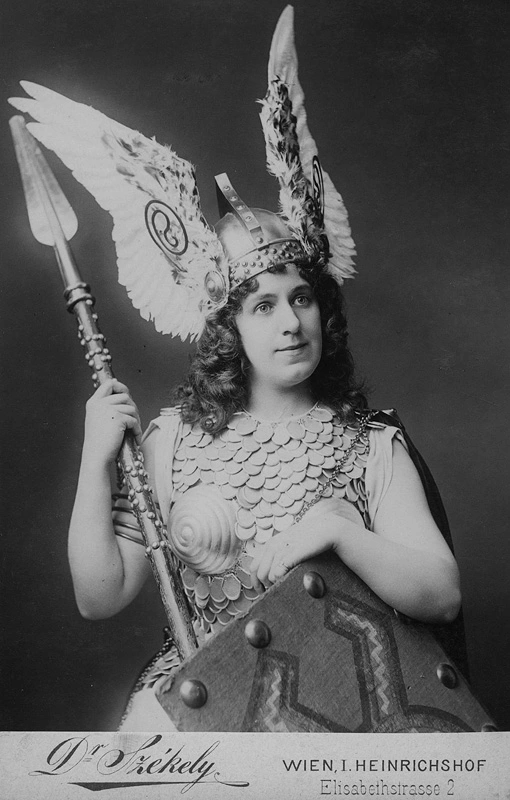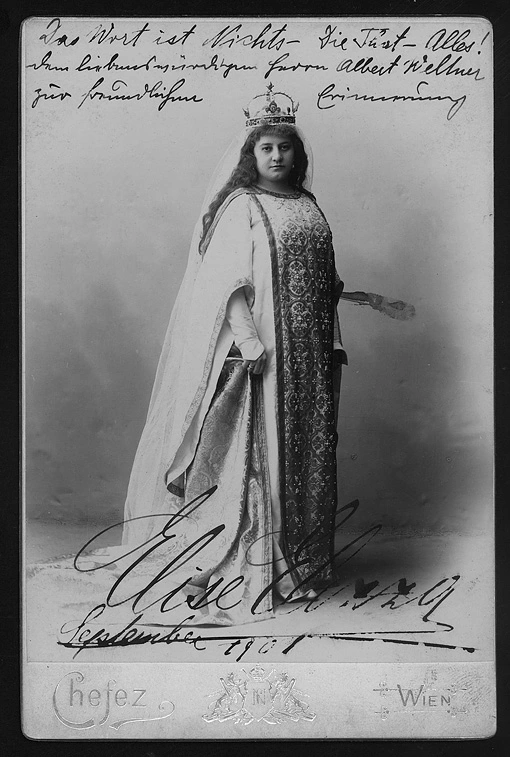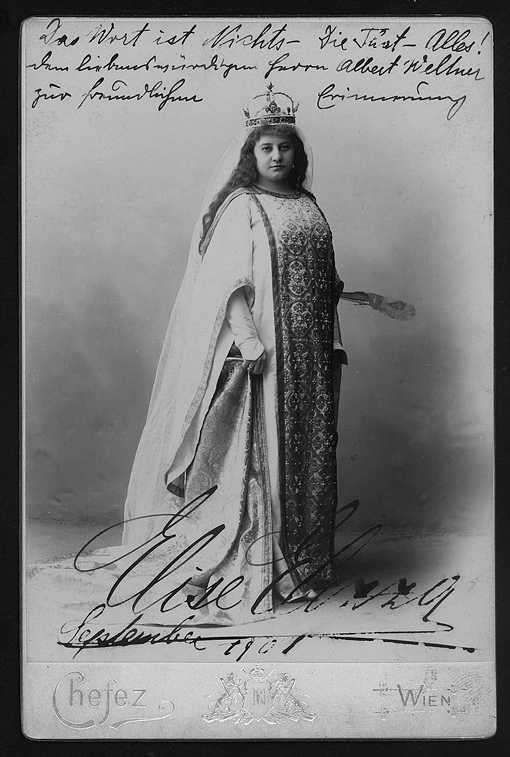Prelude
Gustav Mahler was born on 7 July 1860 in the village of Kaliště, in the modern-day Czech Republic. Conducting the Vienna Court Opera (Hofoper) marked the long-awaited pinnacle of his career at the podium, and he had plotted his route to the summit in meticulous detail. He assumed his post in 1897, and earned the unofficial title of Gott der südlichen Zonen. He made his debut at the Court Opera on 11 May 1897 as Kapellmeister in a performance of Richard Wagner's Lohengrin (starring Hermann Winkelmann as Lohengrin and Louise Ehrenstein as Elsa), before becoming the director of the Royal Court Opera on 8 October that same year.
Mahler was adept at advancing his career through a combination of determination and leveraging his shrewdly-cultivated network of contacts. His correspondence and the reminiscences of his acquaintances and contemporaries give us a nuanced, detailed picture of his personality. These historical records show two Mahlers. On the one hand, there was the restless, sensitive composer who never compromised his artistic standards, but on the other, there was also a gifted tactician and planner who hankered after success and recognition, and was prepared to do what was necessary to achieve it. Before arriving at the Court Opera, he had already worked in Bad Hall, Ljubljana, Olomouc, Kassel, Prague, Leipzig and Hamburg. By and large, the young Mahler was a restless, insecure spirit; only his spell in Hamburg (which lasted from 1891 to 1897) could be described as a long-term appointment. Over time, Mahler became progressively more dissatisfied with his post in Hamburg, which he perceived as increasingly restrictive, and he began to put out his feelers toward Vienna. In 1897, shortly before he left Hamburg, he arranged to be baptised. Mahler had been raised as a Jew, but he realised he would need to convert to Christianity in order to open doors and obtain a prime post in latently anti-Semitic Vienna. Skilful negotiations with a series of patrons, including Chairman of the Court Opera Rudolf Fürst von und zu Liechtenstein, General Director of the Court Opera Josef Freiherr von Bezecný, Intendant of the Court Opera Eduard Wlassack, and the singing teacher and former singer Rosa Papier (Mahler had an affair with one of her pupils, Anna von Mildenburg, at around this time), eventually bore fruit, and contracts were signed in double-quick time in April 1897.
Il barbiere di Siviglia (The Barber of Seville)
Soon after being officially appointed as director of the Court Opera on 8 October 1897, Mahler began to introduce a series of reforms in all areas of the company, including putting together an ensemble of young singers in line with his artistic vision. In this endeavour, he was able to build on the good work done by his predecessor, Wilhelm Jahn. Singers such as Elise Elizza, Wilhelm Hesch, Fritz Schrödter and Hermann Winkelmann had been pillars of Jahn's ensemble, and they remained so under Mahler.
From an artistic point of view, Mahler's tenure as Director of the Court Opera was to prove his most productive period in every area of his work. As a director and a composer, he was able to give new impetus to opera as an overall art form during the opera season, while the summers of his tenure saw him complete his 4th, 5th, 6th, 7th and 8th Symphonies – the core of his output as a composer.
Carmen
Tannhäuser
Les Huguenots
Die Königin von Saba (The Queen of Sheba)

